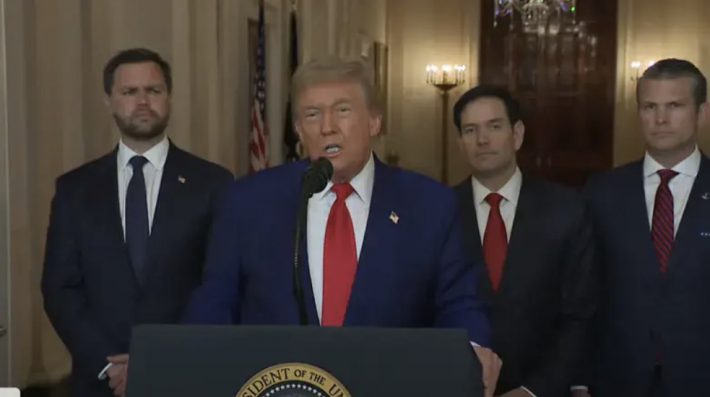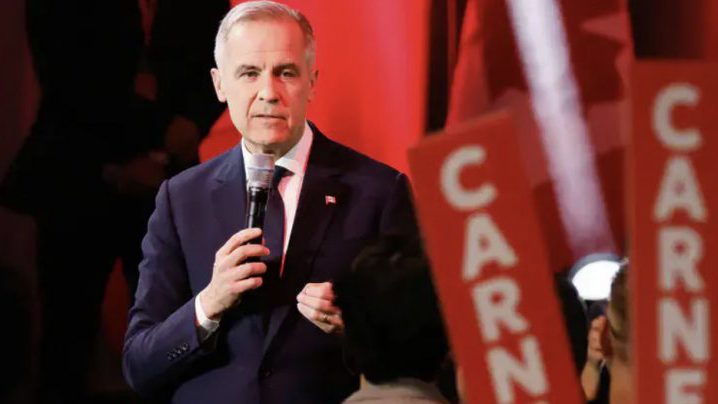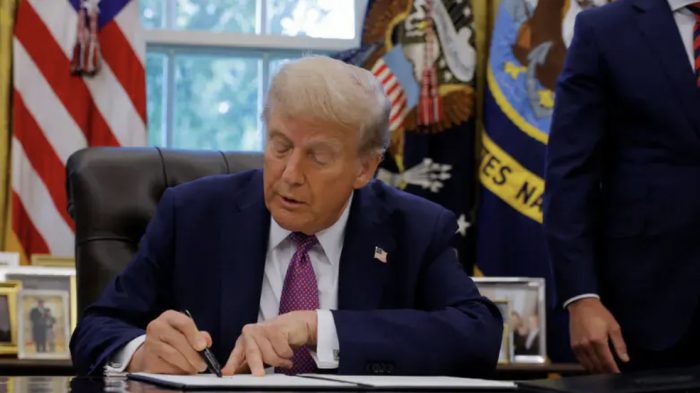TrumpRx, launched in September 2025 with Pfizer’s backing, aims to make medicines affordable by linking U.S. patients directly to manufacturer pricing under Most-Favoured-Nation rules.
The White House in September 2025 introduced TrumpRx, a bold initiative designed to cut prescription drug costs for millions of Americans—particularly those paying cash or whose insurance fails to fully cover medications.
How TrumpRx Works:
- It is a direct-to-consumer platform, not an online pharmacy.
- Patients will be redirected to manufacturer-run portals to purchase medicines at reduced prices.
- Pfizer is the first major pharmaceutical firm to sign on, agreeing to steep discounts across several key drugs.
Discounts Announced:
- Eucrisa (dermatology) → 80% off list price
- Xeljanz (arthritis) → 40% off
- Zavzpret (migraine relief) → 50% off
Additionally, Pfizer pledged to make its entire drug portfolio available to state Medicaid programs at Most-Favoured-Nation (MFN) prices—ensuring American states pay no more than the lowest rates in peer nations.
Policy Tie-In:
TrumpRx is part of President Trump’s larger MFN pricing policy, which insists U.S. drug prices should not exceed what other advanced economies pay. The Pfizer deal is the first test case of that strategy.
Challenges Ahead:
- Pharmaceutical pushback over revenue losses
- Potential legal challenges from drug lobbyists
- Questions of scalability beyond Pfizer
- Ensuring patient access in rural areas and smaller states
Why It Matters for Israel:
Israel, a hub for generic pharmaceuticals (Teva, Kamada, etc.) and medical innovation, could find itself strategically aligned with TrumpRx’s pricing reforms. By tying drug costs to global benchmarks, Israel’s generics and biosimilars may gain competitive entry into the U.S. market, strengthening both trade and innovation ties.





